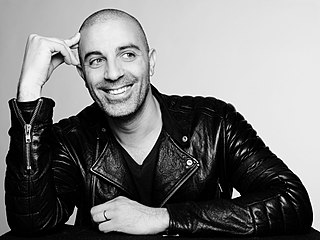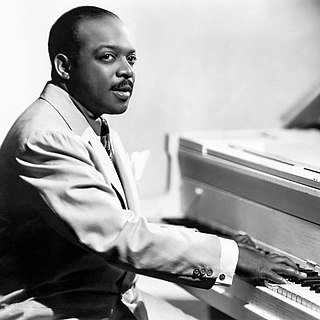A Quote by Marc Andreessen
Innovation doesn't come from the big company. It never has and never will. Innovation is something new that looks crazy at first glance. It comes from the 19-year-olds and the start-ups that no one's heard of.
Related Quotes
Innovation is not a big breakthrough invention every time. Innovation is a constant thing. But if you don't have an innovative company [team], coming to work everyday to find a better way, you don't have a company[team]. You're getting ready to die on the vine. You're always looking for the next innovation, the next niche, the next product improvement, the next service improvement. But always trying to get better.
Innovation is doing something in a different way, but it also has a subtext: When there's an established way, and that way is considered the best practice and how it's traditionally been done, innovation comes by and says 'Let's try a different approach.' It doesn't need to be big or company-wide - it could be a single thing.
Innovation is a subset of creativity. Innovation often deals with product launches and is often relegated to the C-suite or to heads of R&D departments. Innovation requires creativity, but creativity is something that is much more broad. It applies to people at all levels of an organization. Today, we all are responsible for delivering "everyday creativity". Small creative acts that add up to big things.
I never thought innovation as such was very important. Not when you have to think about it... If you're going to come up with a new direction or a really new way to do something, you'll do it by just playing your stuff and letting it ride. The real innovators did their innovating by just being themselves.

































